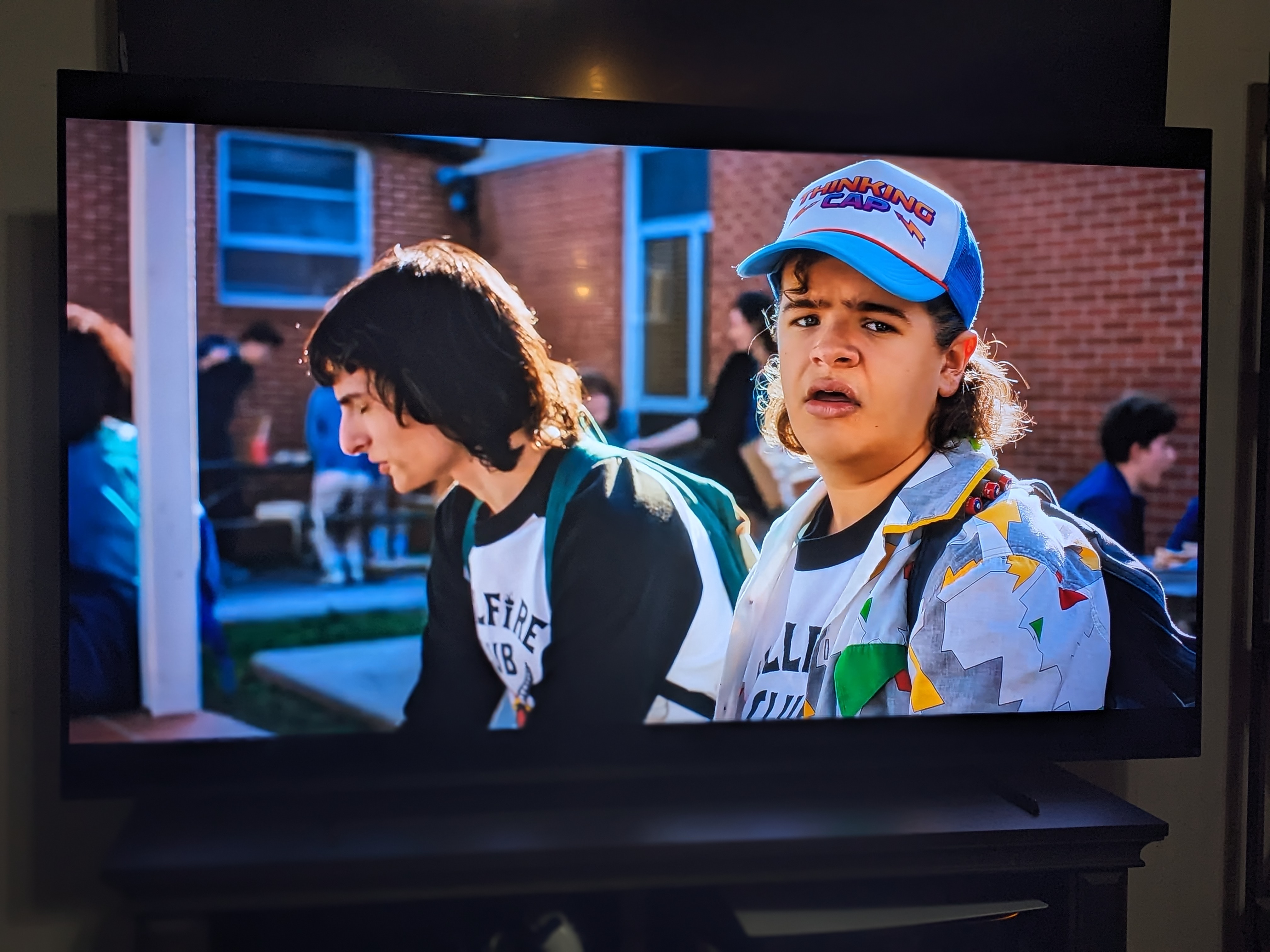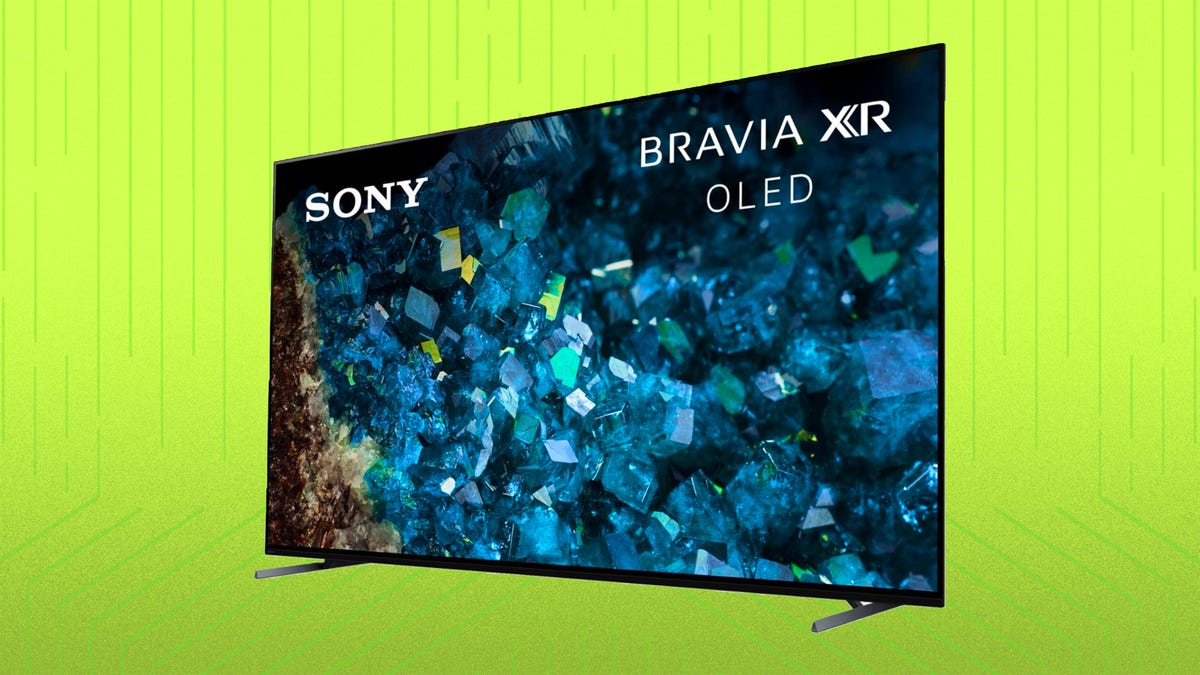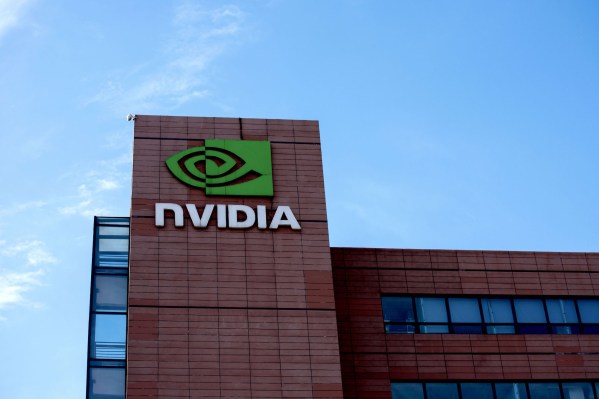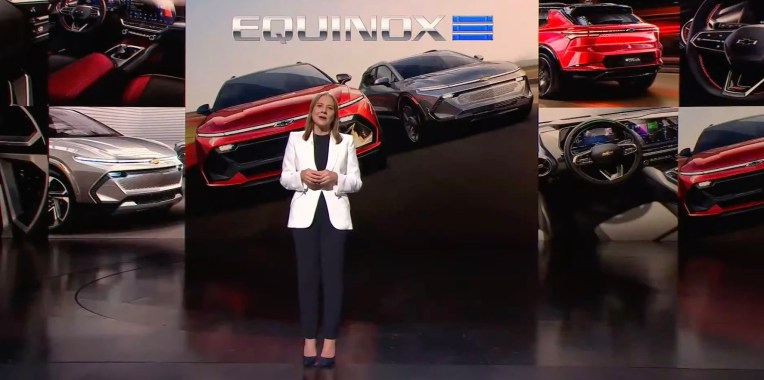Sony A80L OLED TV review: The AI-powered upscaling blew me away

pros and cons
- Fantastic audio
- Three options for the stand legs
- XR Clear Image upscales content beautifully and naturally
- Only two HDMI 2.1 ports
- Struggles in super bright environments
more buying choices
When it debuted last year, Sony’s A80K OLED television scored fairly high all across the board. Even though it was squarely in the middle of the pack of the company’s 2022 lineup, it had features and quality that rivaled premium entries from other brands.
This year’s version, the A80L OLED, takes what worked previously and makes it even better, with the end result being a television that surpassed my expectations and enhanced every single piece of content I watched.
Also: PS4 and PS5 owners can get free Apple TV+. Here’s how
This isn’t the highest-end TV from Sony, but it’s not trying to be. What the A80L OLED is though, is an upper mid-range TV that will especially appeal to home cinema fans and gamers. Here’s why.
Specifications
| Dimensions | 57.13 x 34 x 2.1 inches |
|---|---|
| Screen Size | 55”, 65”, 77”, 83” |
| Resolution | 3840 x 2160p |
| High Dynamic Range | HDR10, HLG, Dolby Vision |
| Clarity Enhancement | XR 4K Upscalling Dual database processing XR Super Resolution |
| Video Processor | Cognitive Processor XR |
| Refresh Rate | 120Hz |
| Audio | DTS Digital Surround |
| HDMI Ports | 4 (2x HDMI 2.1) |
What’s new with this model
The Sony A80L brings a processing upgrade to lower-resolution content in the form of XR Clear Image and a new hub that lets gamers tinker with display options. Its audio performance is fantastic, too.
1. XR Clear Image is game-changing
On the video side, every bit of content on the A80L was fantastic. Lower resolution shows on YouTube TV were upscaled to 4K in a realistic quality, 4K or UltraHD content on Netflix was beautiful, and games and Blu-Ray DVDs on the PlayStation 5 popped like I hadn’t seen before.
Sony’s new XR Clear Image technology uses AI to produce immensely improved clarity and sharpness while staying true to the source material. Designed to show subtle textures and details that would be missed without it, this feature truly shines on lower-resolution content that’s upscaled to 4K.
Also: Should you buy an 8K TV? Here’s how to decide
I popped in a Blu-ray of Indiana Jones and the Temple of Doom to test out this feature, and I was blown away by how natural everything looked. With my old TV set, the upscaling created a picture that looked “pretty” but fairly unnatural. The A80L gave Doctor Jones new life while still preserving the 1980s grain and feel.
2. A new gaming hub to rival competitors
Pressing the menu button while gaming opens up a row of useful settings, like the option to turn on Variable Refresh Rate (VRR), utilize motion blur, change the black equalizer level, and add a crosshair (with six different options to choose from).
Also: Best TVs for PS5: LG, Samsung, Hisense, more
Users can also change the screen display size, an option I actually found myself using for games when I needed to see a lot of information at once like a health bar, maps, inventory, etc. Most gaming monitors have these options, as do other TV manufacturers like LG and Samsung. This is a first for Sony, and it gets all the essentials down.
3. Acoustic Surface Audo+ is better than ever
While a good portion of OLED TVs needs a sound bar to produce an above-average audio experience, the A80L does quite well with its built-in audio. That’s largely due to what Sony calls Acoustic Surface Audio+, a system that uses actuators and woofers to gently vibrate the screen and create sound that comes from the screen itself.
But beyond simply coming from the TV, sound comes from the area the action is happening on screen, making things process more smoothly in your brain.
Also: The best sound systems for any home
I keep captions on for pretty much any content I watch to make sure I don’t miss any dialogue. But this is the first TV in a long time where I’ve felt comfortable enough to turn those off and still feel like I’m catching every word.
The television handles audio perfectly fine on its own, but when I also paired it with the A5000 soundbar and speaker system, it was a near-theater-like experience. That’s a premium add-on, but one that you’ll feel very satisfied with.
What I’d like to see in the next model
1. More brightness from the top end
My usual television-watching environment can be fairly bright. I’ll often keep my living room curtains open just to let in natural light or to keep an eye on my kids playing in the front yard. Unfortunately, that means there’s frequently a lot of light coming directly on my television screen.
My first impression of this TV was that it had a beautiful picture, but it actually seemed a little less bright than my old set, a Black Friday big box store brand purchase.
Also: I watched Avatar on Samsung’s S95C OLED and it spoiled every other TV for me
I don’t have the equipment to test, but a little digging online confirmed that the television delivers in the range of 600-750 nits, less than comparable TVs from Samsung and LG that achieve over 1,200 nits. That is an improvement over the A80K, but I’d like to see Sony match (or surpass) its competition in this area next year.
2. Additional HDMI 2.1 ports
This really isn’t an issue yet for most people, but it could be soon. The A80L, like all Sony TVs, only has two HDMI 2.1 ports — the newer, more powerful version. For a nice setup, a next-generation game console and a soundbar will take up those spots. But what about people with multiple video game systems? New offerings from LG and Samsung have four HDMI 2.1 supports, and Sony should follow suit.
3. A heat sink to give a little more longevity
While heatsinks have been around the computing world for some time, they’re fairly new to televisions. A heatsink, which draws heat away from fancy electrical components, not only allows the panels to last longer, it actually allows the television to have a brighter display. This would have been a nice upgrade for the A80L over its predecessor, especially since the A90K had one.
Bottom line
The 65-inch Sony A80L model I tested carries a price tag of right at $2,400. That’s in line with the LG C3 OLED and a little more than the Samsung S90C, both of which have similar specs, at least on the video front. But the addition of Sony’s cognitive processor and bolstered sound make this television worthy of the slightly higher price among the bunch.
Should I buy one?
If you’re looking to purchase a “better than budget” level OLED that works immaculately right out of the box, the A80L should be at the top of your list.
The only downsides are the brightness, which I was able to mitigate with closed blinds, and the limited HDMI 2.1 ports, which is a problem with future-proofing more than anything else. So if you have an unusually bright space you can’t dim or you have multiple next-gen video game consoles and a sound setup, you might want to look elsewhere.
Alternatives to consider
BEST LG ALTERNATIVE
LG C3 OLED
The LG C3 OLED is another fantastic 65-inch option with great vibrancy, built-in voice controls, and AI-powered 4K upscaling.
BEST SAMSUNG ALTERNATIVE
Samsung S90C OLED
Samsung’s mid-range OLED TV features Quantum HDR, Dolby Atmos Object Tracking, and a similar gaming hub as Sony’s.




